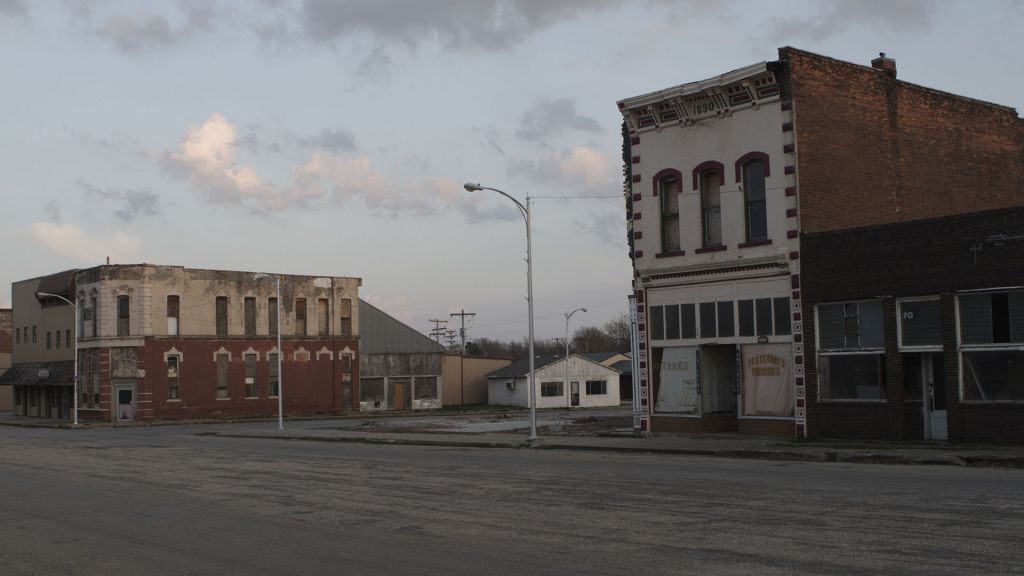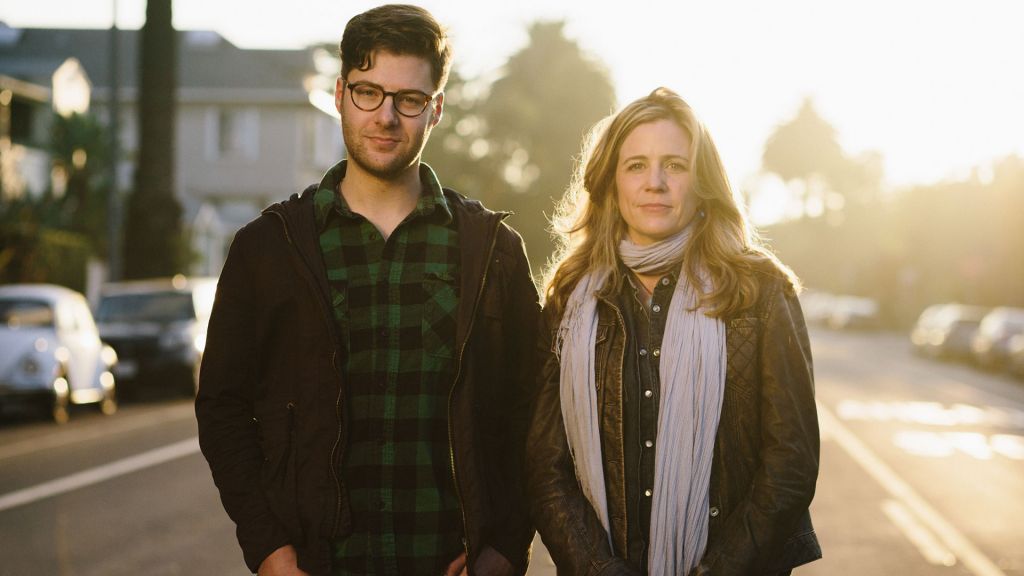
Rich Hill
Rich Hill follows three teenage boys as they struggle with isolation, broken families, and lack of opportunity in their Missouri town.
About the Documentary
Rich Hill, winner of the 2014 Sundance Film Festival Grand Jury Prize for Best Documentary, goes inside the homes and lives of small town America, where kids confront heartbreaking choices, marginalized parents struggle to survive, and families cling to the promise of equal opportunity and a better life — someday. The film follows three teenage boys, Andrew, Harley, and Appachey, as they struggle with isolation, broken families, and lack of opportunity, providing an immersive and realistic picture of growing up poor in America. Rich Hill, Missouri, population 1393, is 70 miles south of Kansas City and 15 miles east of the Kansas border. Once a thriving mining town, Rich Hill’s decline began when the coal was mined out shortly after World War II. Today, like many other small towns in America, it has fallen on hard times, as have the families who still call it home. First cousins Tracy Droz Tragos and Andrew Droz Palermo share a deep bond and affection for Rich Hill, the hometown of their parents. Despite its current bleak circumstances, they felt drawn to portray the daily challenges townspeople face, and to focus in particular on the lives of these three teenage boys. As they ride their skateboards and go to football practice, Andrew, Harley, and Appachey are like millions of other boys coming of age the world over. But faced with difficult circumstances — isolation, instability, and parental unemployment — adolescence can be a daily struggle just to survive. With no road map and all evidence to the contrary, they cling to the hope that even they can live the American dream. The film bears witness to the challenges facing the millions of American children living in rural poverty today, and reveals the sustaining power of family bonds. While there is sometimes shame in their circumstances, these children have immense pride in their families, however fractured they may be, because family means having a reason for being, and a place in the world.
The Filmmakers

Tracy Droz Tragos
Award-winning independent filmmaker Tracy Droz Tragos’s first film was, Be Good, Smile Pretty, a powerful documentary about the profound and complicated feelings of loss caused by the deaths of American men in the Vietnam War, some 35 years later. The film aired on Independent Lens and won the 2004 Emmy for Best Documentary, as well as the Jury Award for Best Documentary at the Los Angeles Film Festival, and a Cine Golden Eagle Award. Tragos participated in a year-long engagement campaign reaching thousands of veterans and their families.
Tragos is developing both narrative and documentary films through her production company Dinky Pictures. The stories that fascinate Tragos are personal and intimate, that make connections that hold universal truths.
Tragos’s work has received support from the Sundance Institute, the John D. and Catherine T. MacArthur Foundation, ITVS, and others. She is a Film Independent Documentary Lab and Sundance Lab alumnae, participating as both a director and a producer. In 2014, Tragos was one of six filmmakers invited to participate in Sundance’s Women Filmmakers Initiative.

Andrew Droz Palermo
Andrew Droz Palermo, a Missouri native, recently completed post-production on his fiction narrative debut One & Two, a dark fairy tale following two kids with unusual abilities. Moving fluidly between directing and cinematography, in early 2014 he shot Hannah Fidell’s 6 Years, produced by Mark Duplass.
He was tapped as one of Filmmaker Magazine’s “25 New Faces of Independent Film of 2013,” and also served as cinematographer on films such as You’re Next (directed by Adam Wingard), A Teacher (directed by Hannah Fidell), and Black Metal (directed by Kat Candler). Palermo lives in Los Angeles.
Awards
2014 Sundance Film Festival
Learn More About the Documentary

American Dreaming: Small Towns Through the Movies

